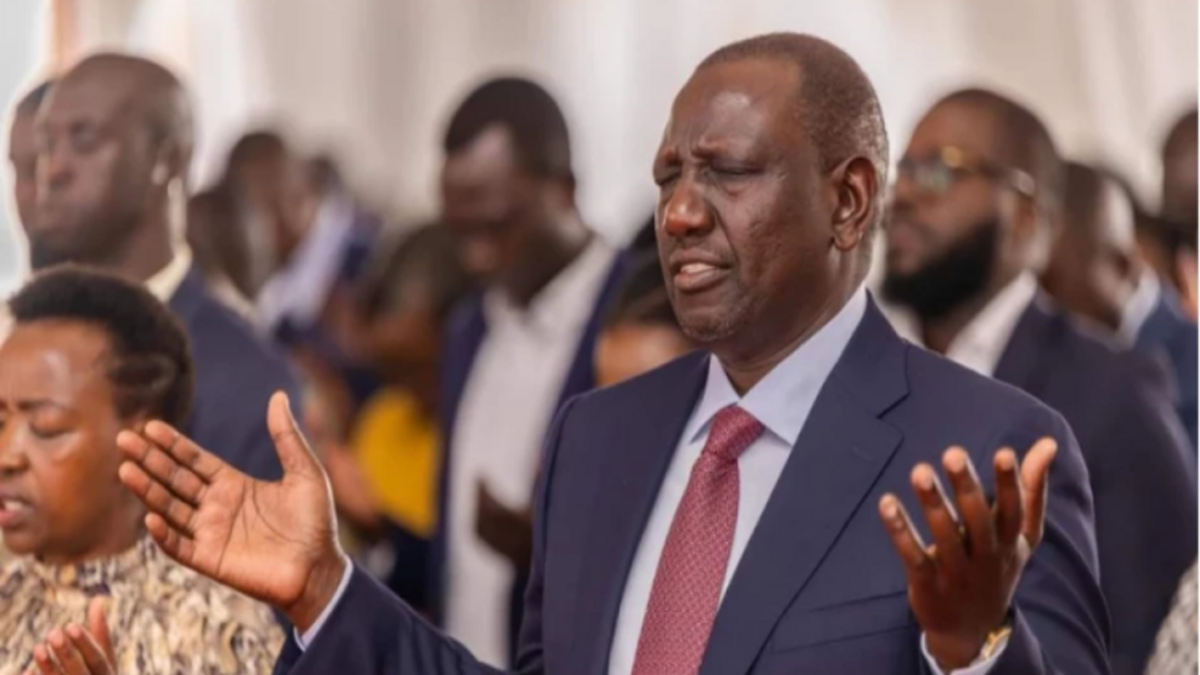The National Council of Churches of Kenya (NCCK) has launched a forceful campaign against corruption. They are now demanding immediate removal of corrupt officials from President William Ruto’s administration.
Furthermore, the religious body emphasises that widespread corruption poses a significant threat to Kenya’s progress. The council’s latest statement reflects growing public concern over recent scandals.

“Corruption has become a major barrier to our nation’s development,” says the NCCK leadership. Their statement highlights the urgent need for action against corrupt practices in government.
Moreover, the council is calling for stricter enforcement of constitutional provisions. These provisions specifically target the fight against corruption in public offices.
Additionally, the NCCK stresses that current corrupt practices severely impact ordinary Kenyans. They point out how corruption threatens both dignity and livelihoods of citizens across the country.
Subsequently, the religious organisation urges Kenyans to take an active role. They want citizens to hold their leaders accountable for their actions and decisions.
Meanwhile, the council’s statement comes amid increasing scrutiny of President Ruto’s administration. Several high-profile corruption scandals have recently emerged within the government.
Consequently, the NCCK emphasises the importance of ethical governance. They insist that proper leadership is crucial for Kenya’s future development.
Nevertheless, the council remains hopeful about potential reforms. They believe that with proper citizen engagement, positive change is possible.
Therefore, the NCCK continues to advocate for transparency in government operations. Their focus remains on protecting public resources from misuse.
Similarly, they encourage other religious and civil society organisations to join the cause. The council believes a united front is necessary to combat corruption effectively.
Furthermore, the NCCK highlights the need for preventive measures. They suggest implementing stronger systems to prevent future corruption cases.
However, the council acknowledges that fighting corruption requires time and dedication. They emphasise the importance of sustained effort in this campaign.
Ultimately, the NCCK’s stance reflects broader public sentiment. Many Kenyans share concerns about corruption’s impact on national development.
In conclusion, the religious body maintains its commitment to fighting corruption. They promise to continue advocating for better governance and accountability.
The NCCK’s campaign represents a significant push for reform. Their demands for action against corrupt officials signal growing pressure on the government.
Finally, the council calls for immediate implementation of their recommendations. They believe swift action is necessary to protect Kenya’s future.



















